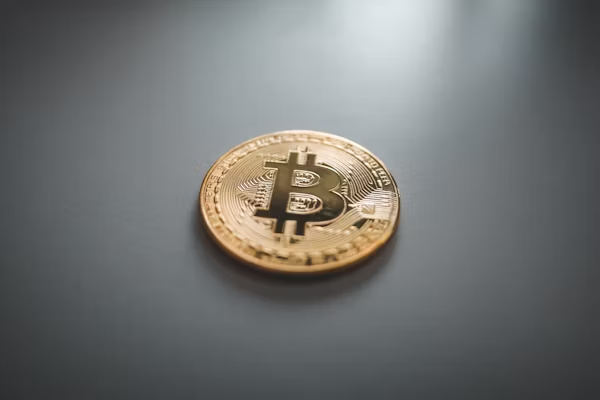ARTICLE AD BOX

- Bitcoin’s appeal as “digital gold” grows as capital shifts from traditional safe-haven assets.
- Demand for Bitcoin options surges as investors prepare for potential breakout opportunities.
Since the recent election, a noticeable trend has formed in the global financial landscape, with traditional safe-haven assets such as gold losing popularity in favor of Bitcoin.
Insights from QCP Capital show that gold has dropped 5% while Bitcoin has jumped by 30%, suggesting a change in which Bitcoin is progressively considered “digital gold.” This momentum seems to be structural, with capital flow progressively shifting from traditional assets like gold into Bitcoin, therefore highlighting a major reallocation.
Bitcoin’s Market Cap Surges, Driving Investor Interest in Digital Gold
With its increasing market capitalization—which presently stands at $1.73 trillion, having lately exceeded the market cap of silver—Bitcoin’s growing attractiveness as a hedge asset is shown. Still, it stays well below the $17.5 trillion market valuation of gold.
For Bitcoin, this valuation difference offers a fascinating prospect. If merely 1% of the capital invested in gold were to migrate to Bitcoin, QCP Capital argues, it could drive Bitcoin’s value to roughly $97,000, therefore highlighting the significant upside should this reallocation trend intensify.
With its market value reaching a stunning $1.73 trillion, BTC is swapped hands at about $87,329.45 at the time of writing and shows an amazing 19.13% rise over the last 7 days. Reflecting great market enthusiasm in Bitcoin’s near-term trajectory, the end-November futures basis has also soared to over 18%.
This change towards Bitcoin also speaks to a more general political mood in the US. Especially well-known personalities like Elon Musk and former President Donald Trump have openly supported more presidential control over the Federal Reserve, a stand CNF has highlighted.
These calls coincide with mounting worries about the national debt and inflation; Bitcoin is becoming more and more recognized as a reasonable defense against such economic risks.
.png)
 1 week ago
1
1 week ago
1








 English (US)
English (US)